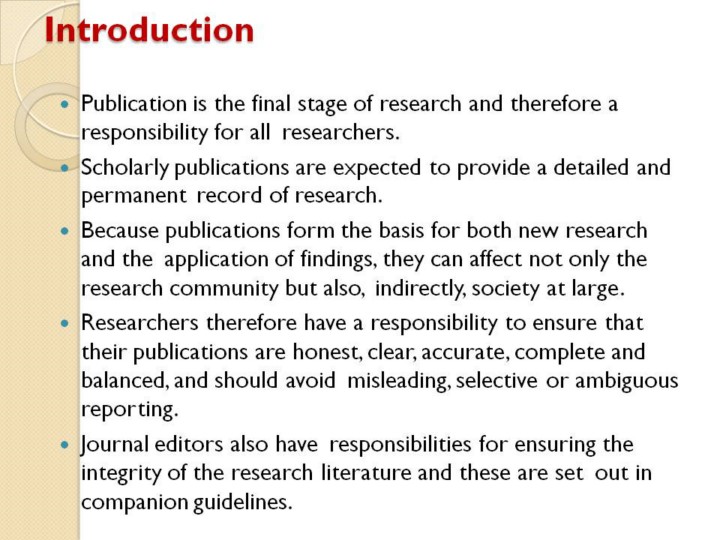| front |1 |2 |3 |4 |5 |6 |7 |8 |9 |10 |11 |12 |13 |14 |15 |16 |17 |18 |19 |20 |21 |22 |23 |24 |25 |26 |27 |28 |29 |30 |31 |32 |review |
 |
PUBLICATION OF A RESEARCH article represents the final stage of a scientific project. It is the culmination of many months and sometimes years of meticulous planning, execution, and analyses of hundreds of experiments. In many cases, the funds supporting the project were derived from public monies. There is, therefore, the expectation that the work be conducted and reported honestly, objectively, and fairly. Yet, sometimes deviations from this ideal occur. Ethical breaches can be intentional, such as data fabrication, or can arise simply out of ignorance, e.g., inappropriate anesthetic use in animal experimentation. Nonetheless, in legal parlance, ignorance is not and cannot be an excuse. Thus it is incumbent on every investigator to be cognizant of all the ethical requirements for conducting scientific studies. Moreover, a scientist needs to develop a strong sense of ethical responsibility to apply at every stage of scientific inquiry. Straying from an ethical course during the conduct of an investigation undoubtedly manifests itself during the publication phase. |